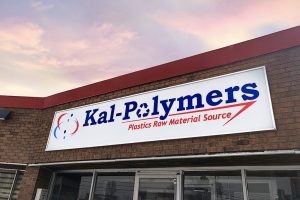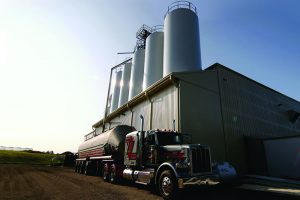
The EFS-Plastics facility in Listowel, Ontario.
Many municipal programs and facilities have recently tried to cut back on mixed plastics, citing tight markets. But reclaimer EFS-Plastics has plans to open a third North American operation and is on the hunt for more mixed bales to fuel its growth.


 Wind turbines generate clean and renewable power, but when their blades reach end-of-life, the options – burning or landfilling – aren’t so green.
Wind turbines generate clean and renewable power, but when their blades reach end-of-life, the options – burning or landfilling – aren’t so green.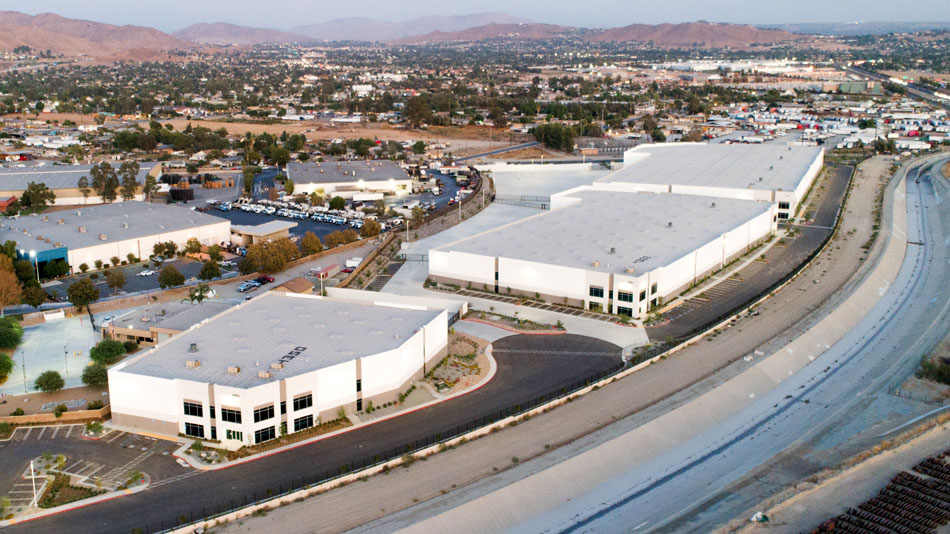
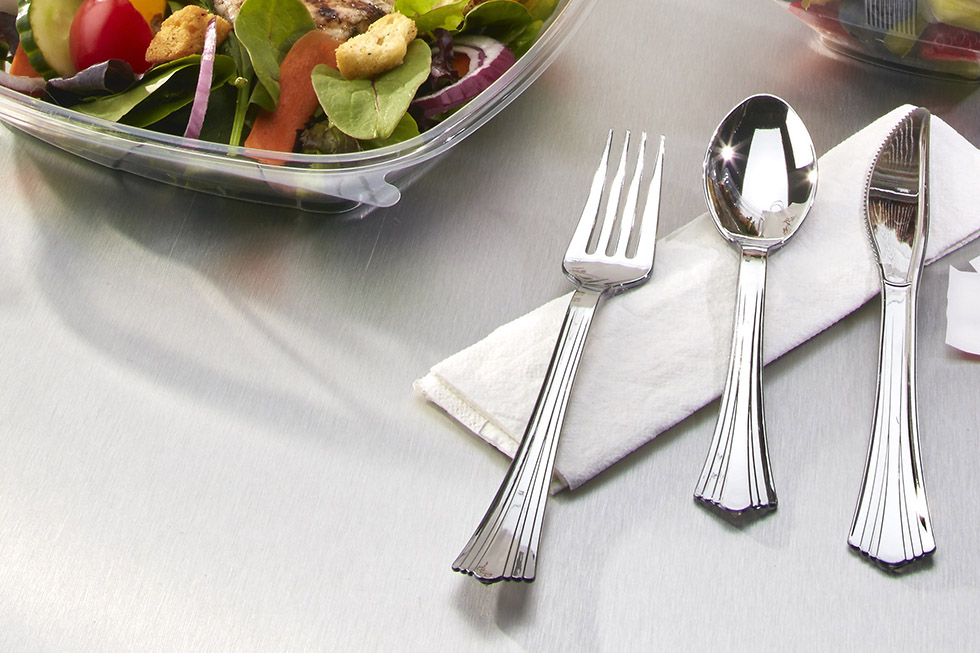
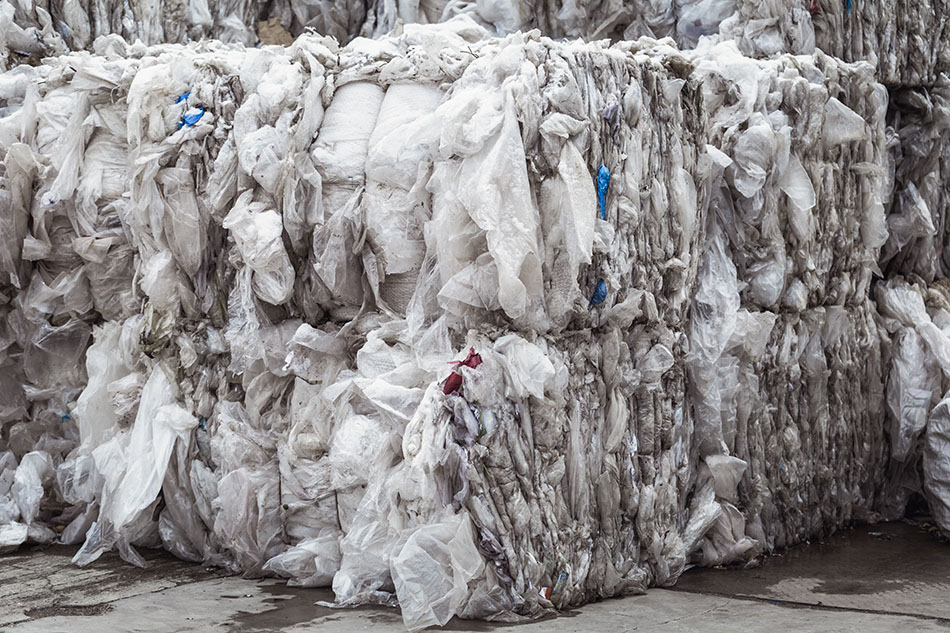
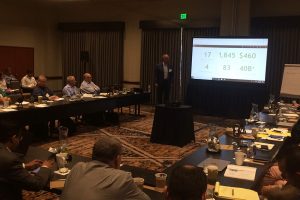 Brands across the globe are announcing goals to use high levels of recycled plastic. But the companies that actually deliver PCR to the market are predicting a major hurdle: supply shortfalls.
Brands across the globe are announcing goals to use high levels of recycled plastic. But the companies that actually deliver PCR to the market are predicting a major hurdle: supply shortfalls.